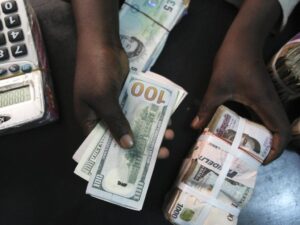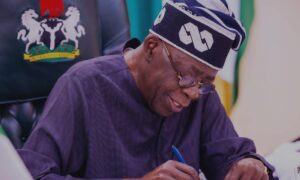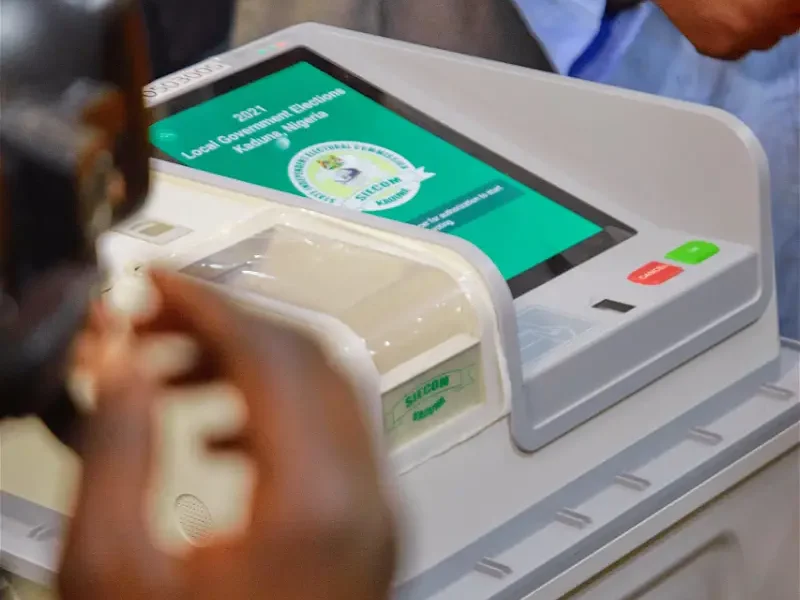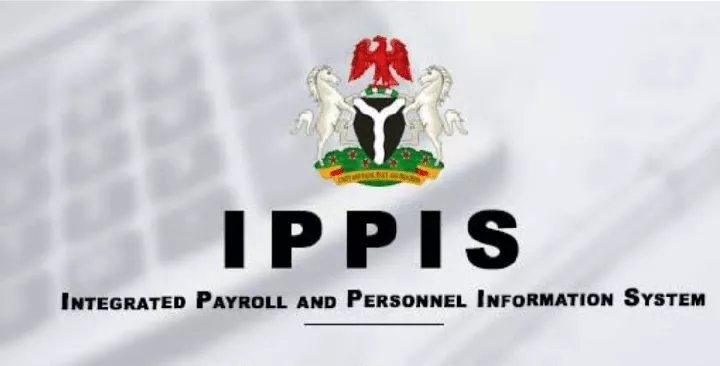The Inter-Party Advisory Council (IPAC) and the National Institute for Policy and Strategic Studies (NIPSS) have launched a major initiative to combat corruption in Nigeria’s political arena.
During a three-day workshop focused on implementing behavioural strategies to curb political corruption, IPAC Chairman Yusuf Mamman Dantalle underscored the importance of addressing developmental issues and improving citizens’ quality of life.
Dantalle criticized the current state of Nigerian elections, pointing out that irregularities, vote-buying, and bribery undermine electoral integrity.
He said, “The fight against corruption aligns with the clear vision of the Inter-Party Advisory Council (IPAC), the umbrella body of all registered political parties: ‘To consolidate and deepen democracy by ensuring an environment conducive for successful elections, political stability, and a peaceful electoral process in Nigeria.’
“There cannot be a conducive environment for successful elections and political stability if the polls are marred by irregularities, rigging, vote trading, and bribery to influence their outcomes. Electoral integrity is the onerous task political parties have set out to achieve for a better Nigeria.
“However, this lofty vision is being impeded by the monetization of the electoral process, exorbitant nomination fees that some credible aspirants cannot afford, and the ‘buying’ of delegates at congresses and conventions to nominate the preferred candidates of godfathers.
“We will continue to fight corruption in politics until it is eradicated in the polity.”
Director-General of NIPSS, Prof. Ayo Omotayo, emphasized that corruption pervades all facets of Nigerian life. He stressed the necessity of adopting behavioural change methods to reduce corruption.
He noted that corruption leads to poor governance and undermines the ability of institutions to deliver quality services.
Omotayo said, “No more dirty politics. We are determined to change the narrative from ‘politics is a dirty game’ to ‘sanitized politics for a better society.’
“Corruption is a pervasive issue affecting every aspect of the country’s existence.
“Corruption has alarming ramifications, including decreased governance and the weakening of institutional capacity to provide high-quality public services.
“The National Institute strongly affirms that political parties are not only indispensable components of democracy but also central to the survival of the system in Nigeria.
“The goals of this noble project are to contribute to effective campaigns to reduce corruption in public and private sectors in Nigeria through behavior-change approaches.”
Executive Director of the Development Research and Projects Centre (dRPC), Dr. Judith-Ann Walker, represented by Stanley Ukpai, addressed the decline in women’s political representation, attributing it partly to corruption.
She said, “Over the past three general elections in Nigeria, there has been a noticeable decline in women’s representation, reflecting a broader issue of gender disparity in political representation.
“Corruption has been cited in several scholarly studies as a significant obstacle to women’s full participation in politics.”
The workshop is set to develop a curriculum focused on behavioural approaches to tackling corruption in Nigeria’s political system.










